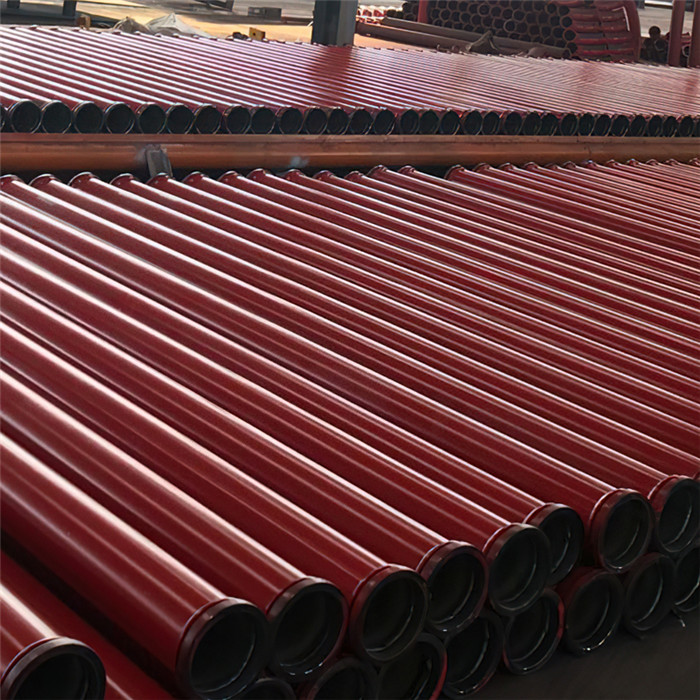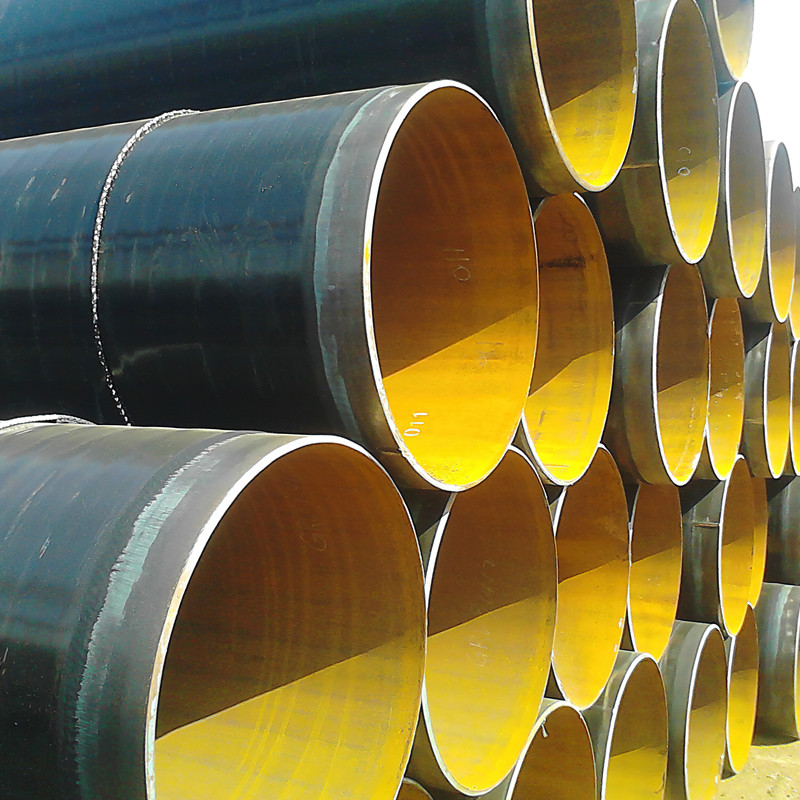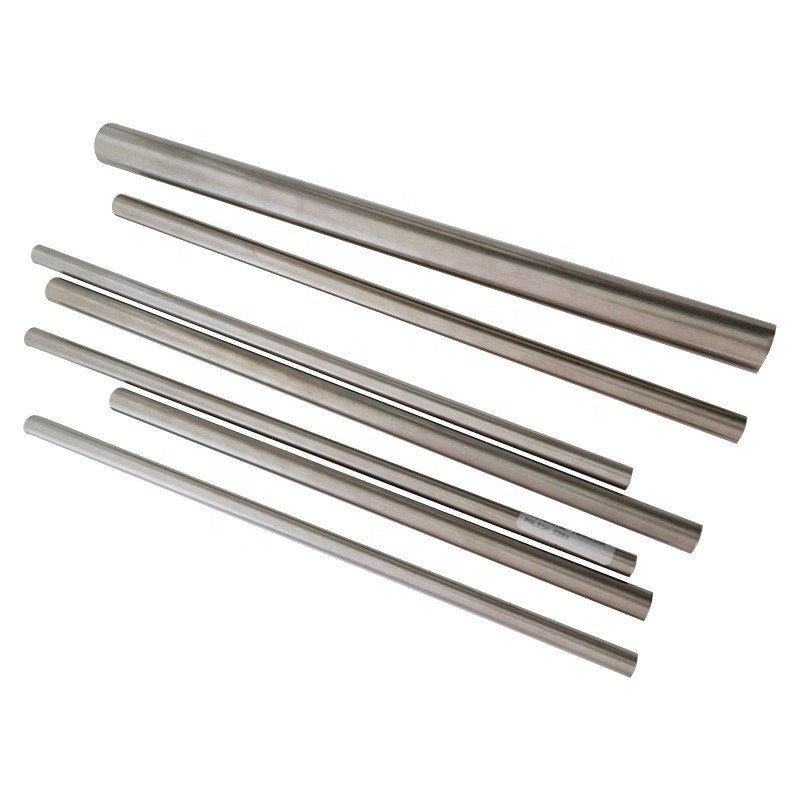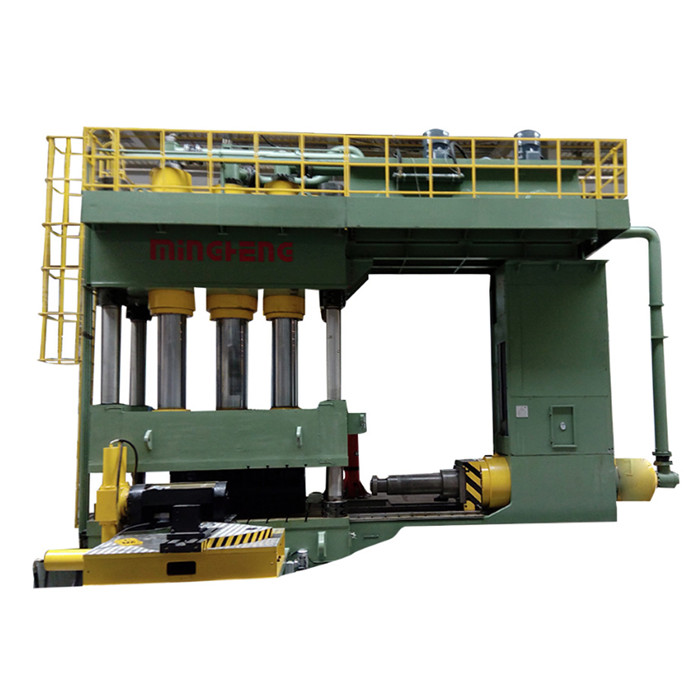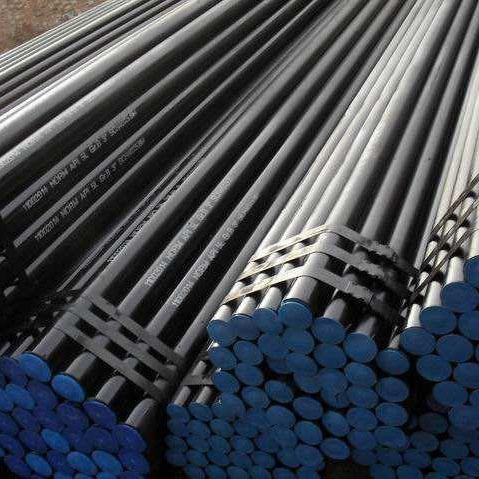Cold forming tee making machine: field notes from the shop floor
If you’re shopping for a Tee Making Machine, here’s the honest, shop-tested rundown. I’ve seen quite a few lines over the years, and the Beijing-origin model from World Steel Material (Rm 1103, Shangpintaihu Bld 3#, Tongzhou District) is one of those “does what it says on the tin” pieces of kit—especially for CS/SS/alloy tees in small-to-mid diameters.
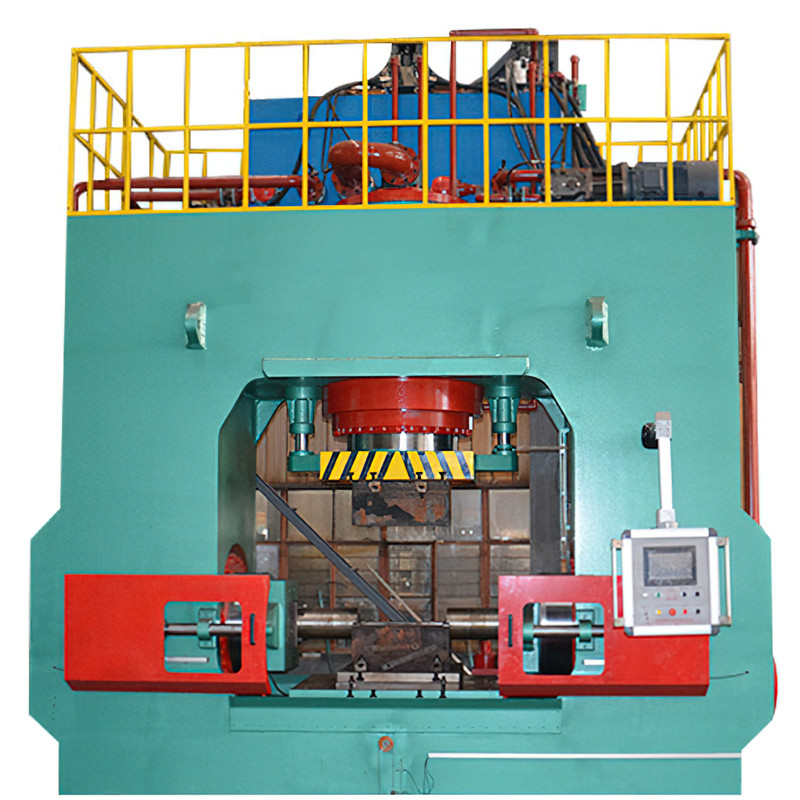
Core specs you actually care about
| Model | GIL114 cold forming |
| Size range | OD 17–114 mm |
| Wall/branch thickness | up to 25 mm (forming thickness typically ≤ 8 mm; real-world use may vary) |
| Throughput | ≈455 kg/hour |
| Energy | ≈30 kW per ton |
| Materials | Carbon steel, stainless, alloy steel |
| Dimensions (L×W×H) | 2700 × 800 × 2700 mm |
| Color | Green or blue |
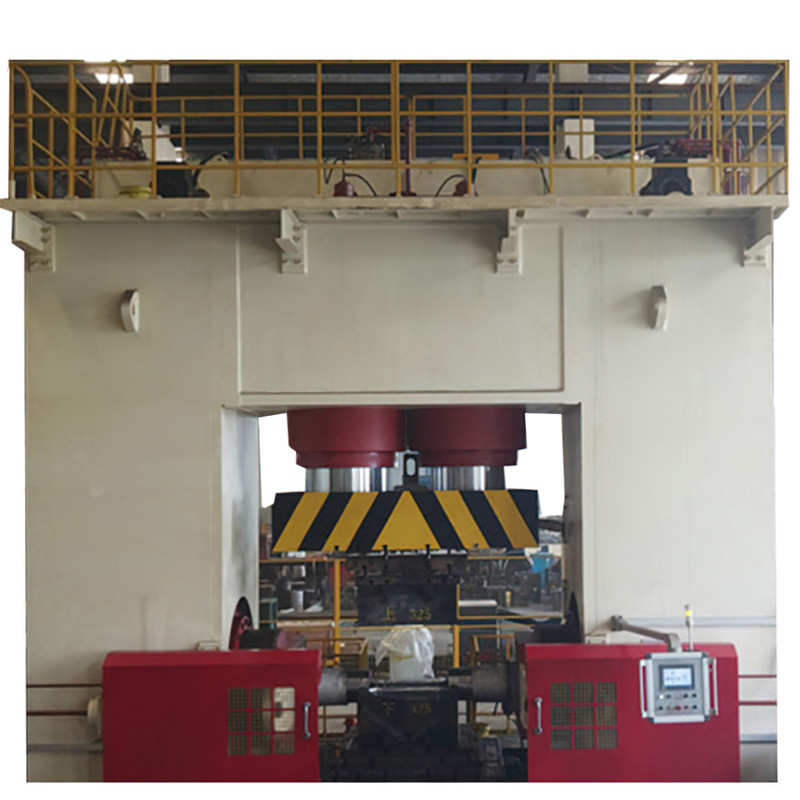
How the machine earns its keep (process flow)
Materials: cut pipe or mother tube in CS/SS/alloy. Methods: mandrel-supported cold forming with controlled stroke and lubrication. A typical run:
- Cut-to-length and deburr; mark branch centerline.
- Pierce/pre-form pilot (when required by spec) and position on mandrel.
- Cold expand the branch under progressive force profiles; trim and calibrate.
- Optional stress-relief heat treatment (especially for higher alloy or where toughness matters).
- Final machining, gauging, and NDT.
Testing standards I see most: dimensional per ASME B16.9 with ovality/branch height gauges; material compliance to ASTM A234/EN 10253; NDT (PT/UT) on critical zones; hydro per service code (B31.3/B31.1) if requested. Typical service life? 10–15 years for the machine with sensible lubrication, die care, and alignment checks—longer in clean shops.
Where it fits
Oil & gas spools, chemical lines, HVAC headers, shipbuilding, and municipal water. Many customers say the compact footprint helps in city workshops—actually a bigger deal than it sounds.
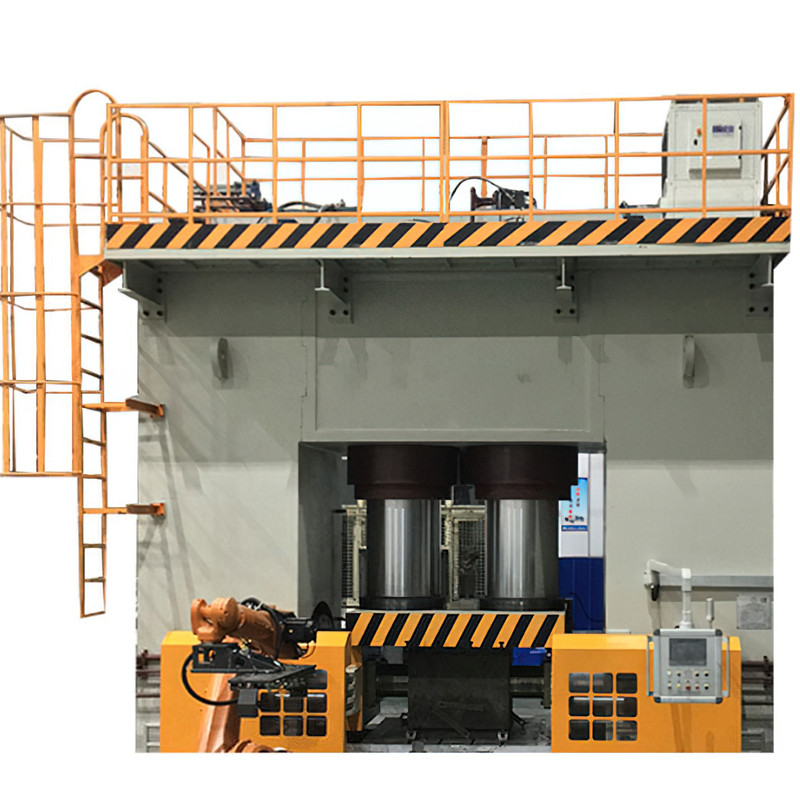
Why this Tee Making Machine stands out
- Balanced capacity: ≈455 kg/hour is plenty for small-batch, multi-grade work.
- Energy profile: ≈30 kW/ton—reasonable, and power quality tolerant (within reason).
- Die ecosystem: swappable tooling for OD 17–114 mm; custom branch ratios on request.
- Cert stack: typically ISO 9001 QA docs; CE marking for electrical panels available on request; MTCs traceable to heats.
Vendor comparison (quick take)
| Vendor | Origin | Size range | Throughput | Support | Certs |
|---|---|---|---|---|---|
| World Steel Material | Beijing | OD 17–114 mm | ≈455 kg/h | Remote + on-site (by schedule) | ISO 9001; CE (panel) on request |
| Vendor A (generic import) | East Asia | OD 20–108 mm | ≈380 kg/h | Remote only | ISO 9001 |
| Vendor B (local fabricator) | Regional | Custom | Varies | On-call | By project |
Customization, cases, and feedback
Options: PLC upgrades, HMI language packs, servo assist, extra die sets for off-ratio branches, and color (green/blue—yes, people care). One Southeast Asia spool shop ran 8,000 tees (ASTM A234 WPB) in a quarter; scrap dropped ≈12% after switching to calibrated mandrel sets. Another HVAC fabricator told me—surprisingly—that noise levels and footprint were the clincher.
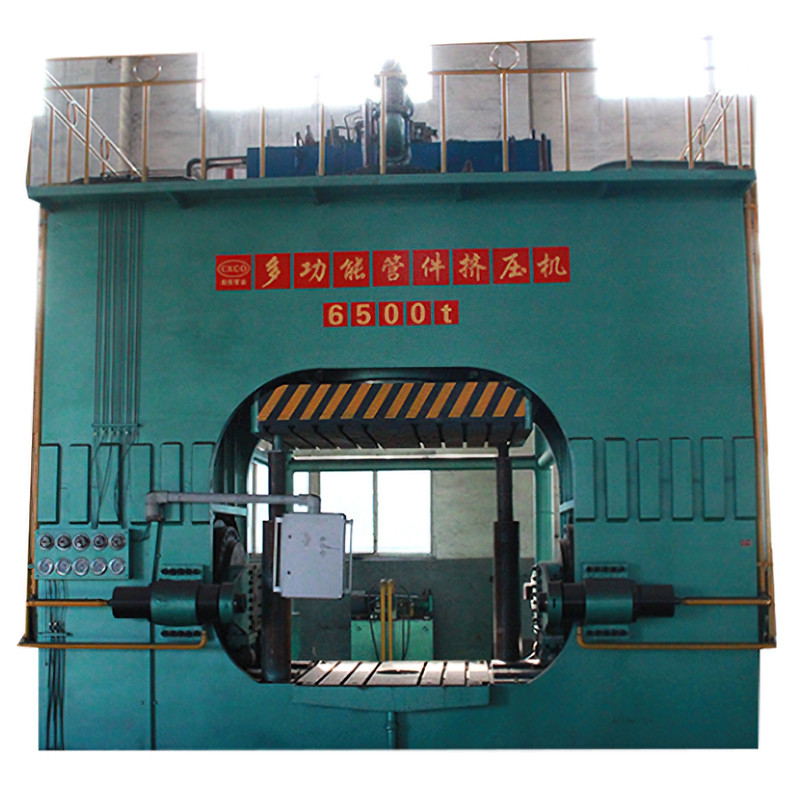
Compliance, testing data, and upkeep
Dimensional: ASME B16.9; Material: ASTM A234/EN 10253; Weld repairs (if any) per ASME IX; NDT PT/UT to project ITP. Typical in-house checks: branch height ±1.0 mm for small sizes, ovality Tee Making Machine just keeps paying rent.
References
- ASME B16.9 — Factory-Made Wrought Buttwelding Fittings.
- ASTM A234 / A234M — Piping Fittings of Wrought Carbon Steel and Alloy Steel.
- EN 10253 — Butt-welding pipe fittings (European Standard).
- ISO 9001 — Quality Management Systems Requirements.
Post time: Oct . 26, 2025 15:45










